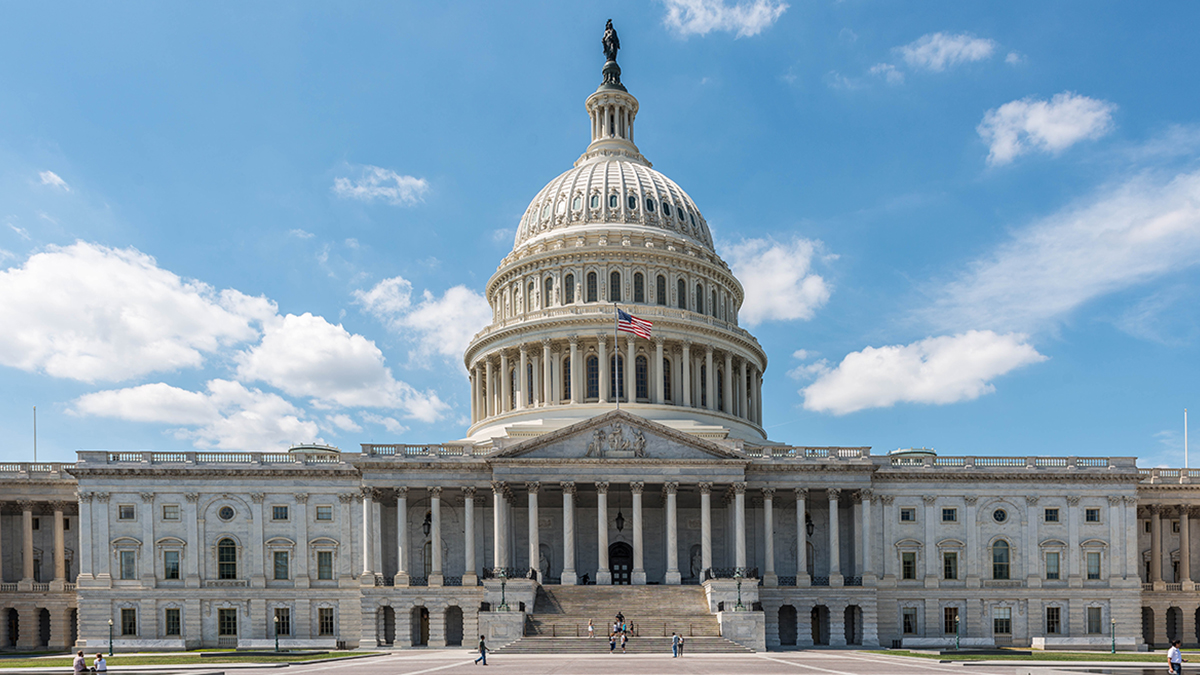House:
The new Congress (116th) began earlier this month and Rep. Nancy Pelosi was once again voted in as Speaker of the House. Immediately, the House voted and passed the remaining Appropriations bills needed to reopen the shuttered government agencies. The House is also passing the bills individually to provide maximum flexibility to getting all of the government reopened. The House has been busy reorganizing and getting Committee rosters squared away. In addition, a group of House Democrats introduced a suite of eight bills aimed at blocking President Trump’s proposal to expand offshore oil and natural gas drilling around the country. If all were enacted, the bills would ban or put a 10-year moratorium on offshore drilling in the Atlantic, Pacific and Arctic oceans, as well as the eastern Gulf of Mexico. These bills, or nearly identical ones, have been introduced in previous Congresses.
Senate:
The Senate has not taken up any of the recent Appropriations measurers approved by the House because President Trump has indicated he would veto those bills. As such, the government shutdown standoff lingers. In the meantime, on the Senate Floor is legislation meant to show support for Israel, the U.S.’s bedrock ally in the Middle East, and Jordan, another steadfast ally. S. 1, Strengthening America’s Security in the Middle East Act of 2019, includes new sanctions against human rights violators in the Assad regime — an overarching concern expressed after the U.S. announced the troop pullout that could presumably leave strategic decisions to Russia and Iran in the war-ravaged country. The bill would authorize security assistance to Israel, essentially seeking to codify into the U.S.-Israel Memorandum of Understanding signed in 2016. Through that memorandum, Israel would receive foreign military grant assistance from the U.S. between fiscal years 2019 and 2028. That would amount to $3.3 billion annually or $33 billion over 10 years. The same memorandum also ensures that Israel also receives U.S. financial support for missile defense projects in the form of $500 million per year, or $5 billion over the decade.
White House:
Most of the Federal Government currently remains closed due to a standoff between Congress and the President on funding for the border wall along the U.S. southern border. The Department of Interior is continuing to process onshore oil and gas permits at the moment, but offshore permitting has stopped, and onshore will likely come to a halt as the shutdown continues. The President has nominated the current Deputy Administrator of the EPA, Andrew Wheeler, for the top spot vacated by former Administrator Pruitt. The Senate could confirm him this month, despite the shutdown.





